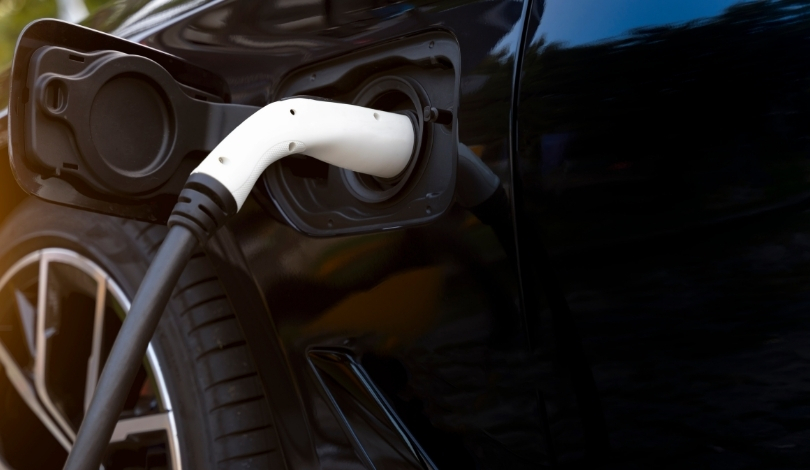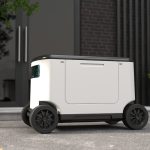Volkswagen is encountering ongoing software challenges that have resulted in the postponement of several upcoming vehicle models, including the electric ID.4. These delays stem from issues with the automaker’s Scalable System Platform (SSP) software, pushing the launch timeline further back and impacting the release of other electric models. Amid this, Volkswagen has also made significant investments in partnerships to address its software shortcomings.
The next-gen ID.4’s delay is attributable to complications with Volkswagen’s SSP software, initially anticipated to debut in 2028. The revised schedule now foresees the ID.4 launching no earlier than 2029, with the electric T-Sport’s release pushed to at least 2031. Volkswagen’s persistent software issues, particularly with its subsidiary Cariad, have been a significant factor in these delays. The SSP is crucial for Volkswagen’s future plans, including achieving Level 4 autonomous driving capabilities and being utilized by Audi and Porsche.
Software-Related Setbacks
Volkswagen’s SSP was meant to power most of its post-2025 models. However, repeated software issues and restructuring at Cariad have led to consistent delays. Recently, Volkswagen reportedly dismissed CEO Herbert Diess, partly due to these software challenges. Earlier reports also noted that Cariad would reduce its workforce by up to 2,000 employees after failing to meet product launch deadlines and budgetary constraints.
Investment and Collaboration
In a move to mitigate these problems, Volkswagen and Rivian announced a $5 billion investment to develop next-generation software-defined vehicle platforms. This joint venture, officially approved in Germany, aims to create SDV platforms for both companies’ EVs. Volkswagen is starting this investment with a $1 million bank note, convertible into Rivian stock.
Volkswagen has encountered software problems with the ID.4 since the model’s inception, leading to substantial restructuring within Cariad. Despite these challenges, Volkswagen continues to push forward, aiming to enhance its technological capabilities and maintain competitiveness in the EV market. The collaboration with Rivian signifies a strategic effort to overcome these hurdles.
Volkswagen’s ongoing software issues highlight the complexities automakers face in transitioning to advanced EV platforms. The delays in launching next-gen models like the ID.4 and the electric T-Sport underline the need for robust software solutions. Moving forward, Volkswagen’s partnership with Rivian may provide the necessary technological advancements to mitigate future setbacks. For consumers and industry watchers, the evolving dynamics between software development and vehicle production will be crucial to monitor.









